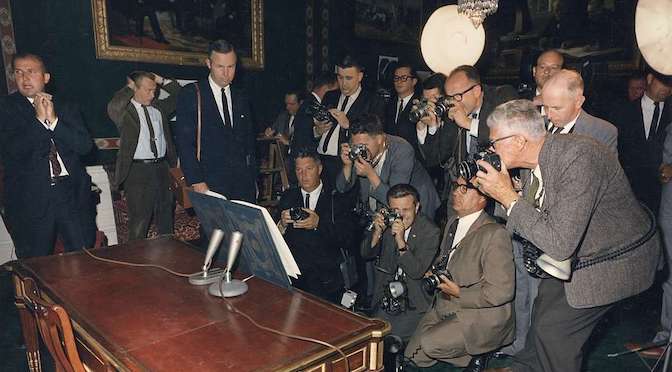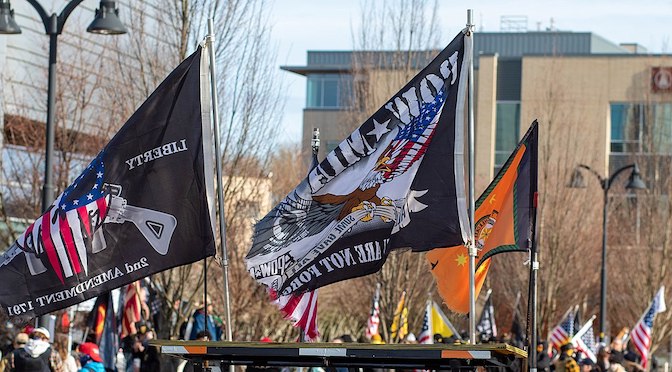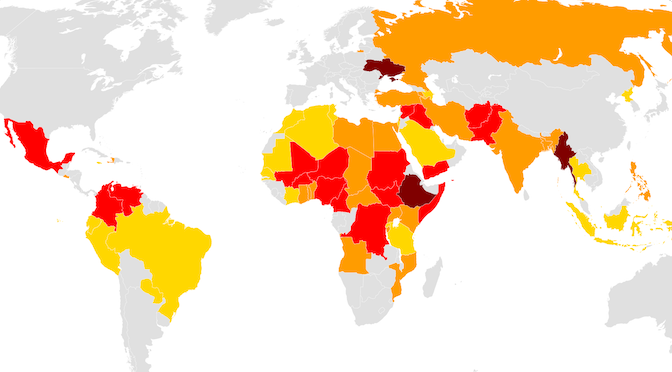Shervin Taheran illustrates the alarming trend of US presidents who indicate they can unilaterally withdraw from treaties without congressional approval. She argues the Executive Branch is not the “sole organ” to decide whether the United States can terminate a treaty. After examining international law pertaining to treaties, Taheran discusses how constitutional principles, textual evidence, historical… Continue reading Congressional and Supreme Court Restraints on Treaty Termination Carried Out at the President’s “Lowest Ebb” of Authority
Tag: Executive Power
An Army Turned Inward: Reforming the Insurrection Act to Guard Against Abuse
Elizabeth Goitein and Joseph Nunn argue that the Insurrection Act is one of the most powerful and wide-ranging authorities available to the President of the United States. The Act authorizes the president to deploy US armed forces and the militia to suppress insurrections, quell civil unrest and domestic violence, and otherwise enforce the law in… Continue reading An Army Turned Inward: Reforming the Insurrection Act to Guard Against Abuse
Endless War Challenges Analysis of Drone Strike Effectiveness
Whether counterterrorism drone strikes are effective is one of the major questions currently facing US policymakers. The objectives offered as justifications for these strikes are arguably vague and over-broad and therefore run the risk of taking on an endless character. David Sterman argues that “endlessness” is a hazard that has not been appropriately addressed by… Continue reading Endless War Challenges Analysis of Drone Strike Effectiveness



